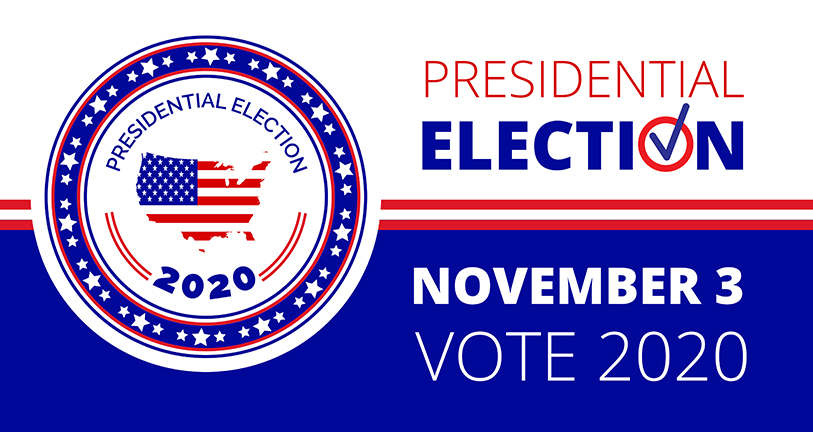The general election is Tuesday, November 3, 2020, and employers should double check a few important things right now — like making sure they’ve correctly posted California’s voting leave requirements notice and understanding what voting leave they are required to allow, even if their workforces remain largely remote.
Because employers must display a poster describing voting leave requirements at least 10 days before every statewide election, yours should have been up as of Friday, October 23. Thankfully, if you have one of CalChamber’s convenient all-in-one California and Federal Employment Notices Poster, it contains all required California and Federal notices including the Time Off to Vote notice.
On election day, some employees may not have sufficient time outside of their working hours to vote, even though California polls are open from 7 a.m. to 8 p.m. The employee may take up to two hours of working time to vote without loss of pay. If employees need more than two hours to vote, they can take it — but only two hours of that time is paid. You cannot require that employees use their accrued vacation or paid time off.
The time off must be taken at the beginning or end of the regular working shift, whichever gives the employee the most free time for voting and the least time off from working. You and the employee may mutually agree to a different part of the working shift when the time off can be taken. The employee must notify you at least two working days in advance to arrange a voting time.
However, as previously reported, California’s Voter’s Choice Act allows approximately one month in which to cast a ballot, either by mail or at multiple ballot drop boxes, making it extremely difficult for an employee to justify that they don’t have time outside of working hours to cast a vote.
Since California voters should have already received their vote-by-mail ballot and may mail or drop-off their ballot between now and November 3, it’s very unlikely that employers will need to allow voting leave on November 3 — but if they do get a request, it’s important that they understand their obligations. Employers with questions regarding this leave should consult legal counsel.
Katie Culliton, Editor, CalChamber
CalChamber members can read more about Voting Leave in the HR Library. Not a member? See what CalChamber can do for you.




